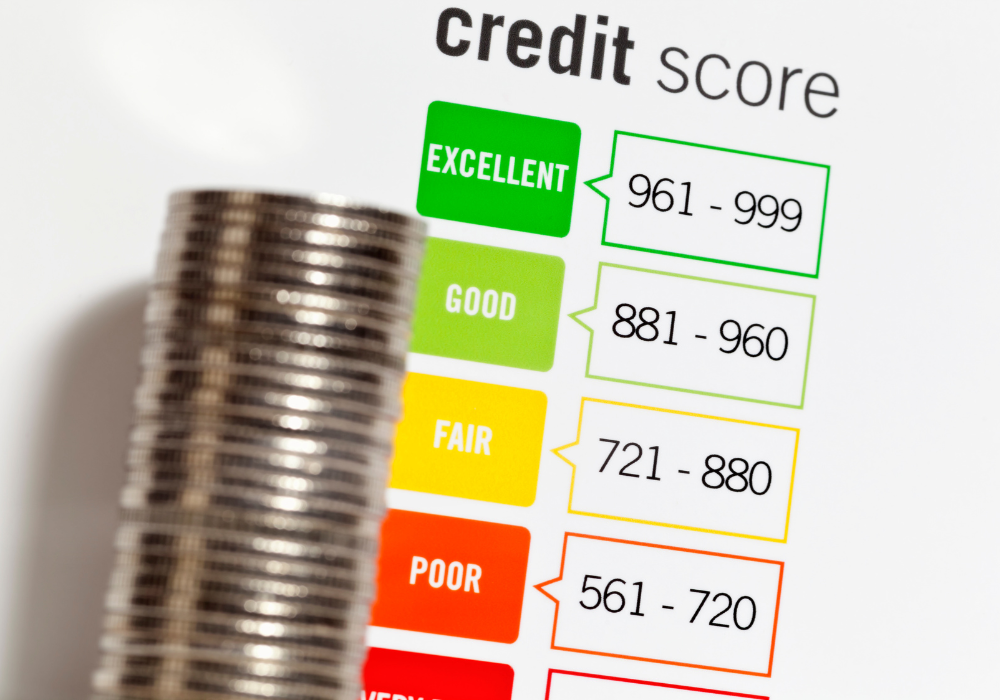Debt is a part of many people’s financial lives. It can help us buy a home, get an education, or start a business. But debt can also cause stress, hurt your credit score, and limit your future options if it’s not handled well. Learning how to manage debt wisely is key to building a stable and healthy financial future.
This article will explain everything you need to know about managing debt effectively. You’ll find practical advice on budgeting, paying off debt, improving financial knowledge, and more. After reading, you’ll feel confident to take control of your debt and work toward long-term financial health.
How Debt Impacts Your Financial Health
Debt isn’t all bad. It can be a useful tool to achieve goals. But the problem comes when debt grows too large or when repayments become overwhelming.
If debt isn’t managed carefully, it can lead to late payments, rising interest costs, and damaged credit scores. This, in turn, makes it harder and more expensive to borrow in the future. Worse still, debt stress can affect your mental and physical health.
Knowing how debt affects your finances is the first step. When you understand the impact, you can start making better choices to reduce debt and avoid future problems.
The Importance of Personal Finance Basics
Managing debt starts with solid personal finance habits. This means tracking your income and expenses, saving regularly, and spending wisely.
One of the best habits is creating a budget. A budget helps you see where your money goes each month. It shows you what you can spend and where you can save. Without a budget, it’s easy to lose track of spending and fall deeper into debt.
Another important part of personal finance is having an emergency fund. This is money set aside for unexpected costs, like car repairs or medical bills. When you have a safety net, you’re less likely to use credit cards or loans to cover emergencies.
Read more : The Role of Emergency Funds in Financial Stability
Planning Your Debt Repayment
To pay off debt effectively, you need a plan. Start by listing all your debts with their balances, interest rates, and minimum payments.
Focus on debts with the highest interest rates first, because they grow fastest. Paying these down quickly saves you money over time. This method is often called the avalanche approach.
If you prefer quick wins to stay motivated, the snowball method might work better. With this, you pay off the smallest debts first, then move on to bigger ones. Both approaches work, so choose the one that fits your style.
Creating a Realistic Budget
A realistic budget is the foundation for managing debt. Begin by dividing your expenses into fixed costs, like rent and utilities, and variable costs, such as dining out or shopping.
Set reasonable spending limits for each category. Track your actual spending each week or month. This helps you spot where you can cut back.
Technology can help here. Budgeting apps and tools make it easier to see your progress and adjust as needed.
Using Debt Consolidation Carefully
If you have many debts, consolidating them into one loan might help. This means combining multiple debts into a single payment, usually with a lower interest rate.
Debt consolidation can simplify payments and reduce interest costs. But be careful—this option isn’t right for everyone. It’s important to read the terms closely and avoid taking on more debt after consolidation.
Boosting Financial Literacy
Understanding how money works gives you power over your financial choices. That’s why financial literacy is essential for securing your long-term wealth in today’s fast-paced economy. Take time to learn about interest rates, credit scores, and loan terms.
You don’t need to become an expert overnight. Start small by reading books, listening to podcasts, or attending free workshops.
Knowing more about money helps you spot good deals and avoid financial traps. It also makes you less likely to repeat past mistakes.
When to Get Professional Help
Sometimes, managing debt on your own can be tough. Financial advisors or credit counselors can provide useful advice tailored to your situation.
Look for advisors who have a legal obligation to act in your best interest. Many offer free consultations or affordable services.
Professional help can guide you through tricky debt problems and help create a practical repayment plan.
FInal Thoughts
Managing debt wisely is a key step toward building lasting financial health. By understanding how debt works, planning carefully, and making smart choices, you can reduce stress and create a more secure future.
Remember, small changes in your habits can lead to big improvements over time. Stay patient, keep learning, and don’t hesitate to seek advice when needed. By following a consistent plan and learning to manage your debt effectively, you’ll be one step closer on your path to financial freedom.
FAQs
Q: Is all debt bad?
A: No. Some debt, like a mortgage or education loan, can be an investment in your future. The key is managing it responsibly.
Q: How much should I pay toward debt each month?
A: At least the minimum payment on all debts. Paying more on high-interest debts speeds up repayment and saves money.
Q: How do I avoid falling back into debt after paying it off?
A: Keep budgeting, build an emergency fund, and spend within your means. Good habits prevent new debt.










